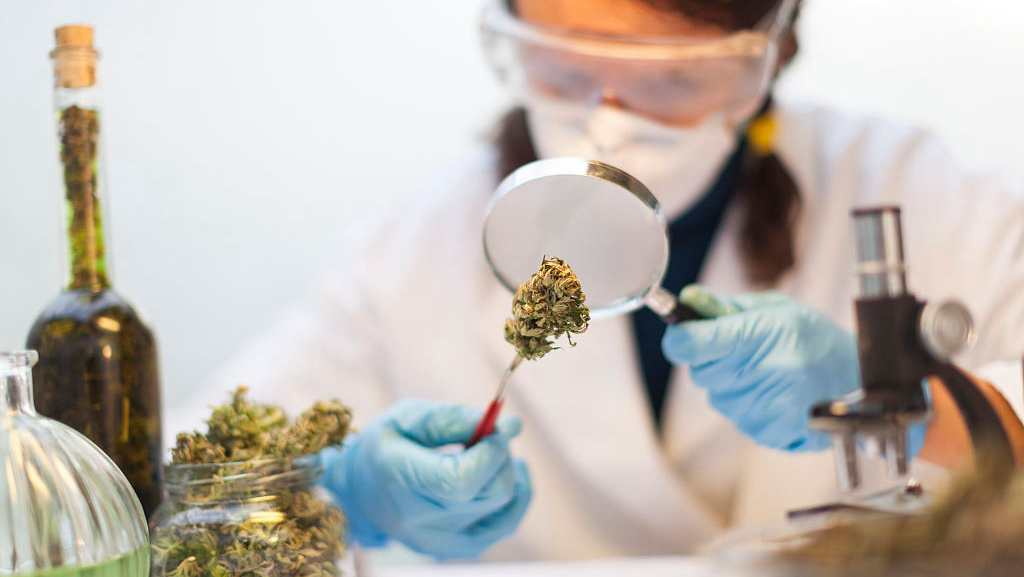

The classification of drugs is a controversial issue globally. As more countries, for example, inch toward legalizing cannabis for recreational use while others watch on in horror, the World Health Organization is engaged in a comprehensive review of whether marijuana really belongs to the ranks of the most dangerous drugs. The final report is eagerly awaited.
And while the United Nations health agency undertakes this task, a call is being made for a wider re-evaluation of the international drug classification system.
Well, at least that is what the Global Commission on Drug Policy is proposing. In a recently-published report, Classification of Drugs: when science was left behind, the commission ridicules the current classification system, which ranks some 300 psychoactive substances, as biased, incoherent and based on political considerations.
This is not some assessment from youthful activists but by a multinational group that includes 14 former heads of state or government of such diverse countries as Greece, Timor-Leste, Nigeria, Chile, Poland, Colombia and New Zealand. One of its best-known members is British businessman Richard Branson.
The report is a call for a thorough review of the classification system based on scientific evidence and reflecting actual risk.
The result of the current approach, according to the group chaired by former Swiss president and home affairs minister Ruth Dreifus, is that substances like alcohol and tobacco are considered more harmful than others listed in a UN drug scheduling system that emphasizes prohibition and punishment.
'Limited medical value'
The purpose of the UN schedule is to control and limit the use of listed drugs according to classification of their therapeutic value, risk of abuse and health dangers, and to minimize the diversion of legal chemicals which can be misused for the illicit production of drugs.
As it stands, some substances are legally available because they are considered beneficial as they have medical uses, such as morphine. Alcohol is deemed culturally important. Others are seen as destructive, offering no medical benefits, and are strictly prohibited, regardless of the risk they pose.
Under Schedule 1V of the Single Convention on Narcotic Drugs, 1961, the most dangerous substances, "which are particularly harmful and of extremely limited medical or therapeutic value," include cannabis and cannabis resin and heroin. Schedule 1 lists substances with addictive properties that present a serious risk of abuse, with cannabis, cocaine, heroin, methadone, morphine and opium among them.

The commission wants the classification of drugs to be based on science, rather than politics. /VCG Photo
"One will not find in this classification some of the most dangerous substances – tobacco, alcohol – which escape prohibition and allow established and respectable corporations to make huge profits," Dreifus wrote in a forward to the commission's report. "In contrast, substances that are listed in the annexes of the international conventions, the so-called 'drugs,' are seen as necessarily bad; they are supplied by an illegal market that is just as profitable and empowers organized crime."
The consequences have been disastrous, the commission argues, in terms of public health and security, discrimination and prison overcrowding, the rise in power of criminal organizations and the associated violence and corruption caused by the zero-tolerance approach by governments around the world.
The report refers to well-publicized research by British neuropsychopharmacology professor David Nutt who in 2009 said alcohol and tobacco were more harmful than many illegal drugs, including LSD, ecstasy and cannabis.
'Cultural biases of the West'
Another study cited was one in 1995 from the WHO and the United Nations Interregional Crime and Justice Research Institute which concluded that the harmful effects of cocaine use are less widespread than those of legal drugs such as alcohol and tobacco, and are concentrated among high-dosage users.
"The international community should recognize that the (classification) system is broken," said commission member Helen Clark, a former prime minister of New Zealand. “They should recognize the inconsistencies and it should trigger a review.”
Anand Grover of India, the former special UN rapporteur for health, said, "We need to think of these things with a fresh outlook. We can’t go with the cultural biases of the West."
As such, the group argues that governments must ensure that classification is pragmatic and based on science and evidence, makes clear the benefits and harms of drugs, and allows for responsible legal regulatory models to control drugs.
The Economist magazine cautioned that designing laws for drugs that are consistent with their dangers and benefits, as the commission recommends, requires predicting how drug markets will respond and will not be easy.
But it adds, "Regulating drugs in a more sensible manner would make them safer – and not just for those who take them."

Copyright © 2018 CGTN. Beijing ICP prepared NO.16065310-3
Copyright © 2018 CGTN. Beijing ICP prepared NO.16065310-3